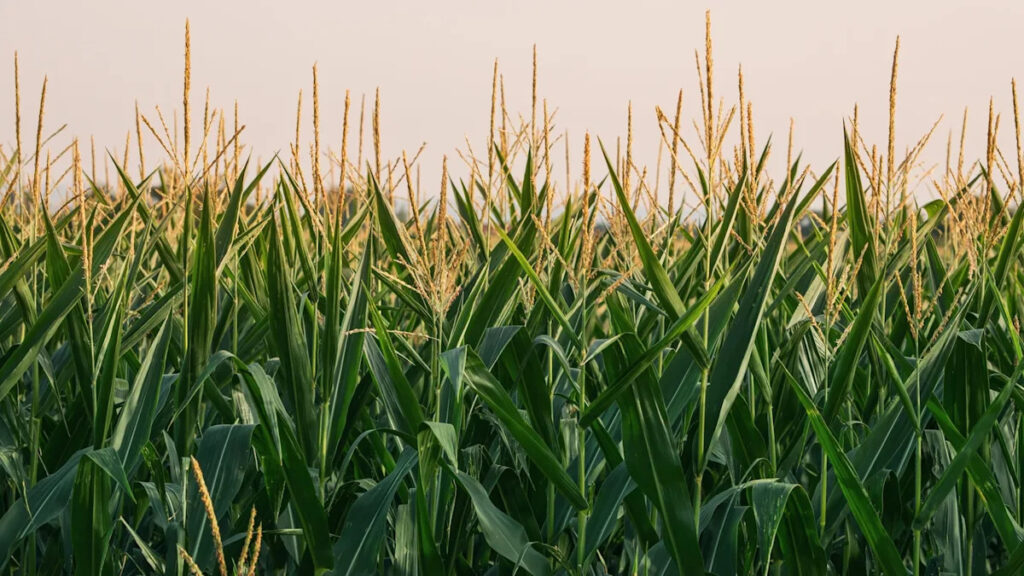
Researchers have made a significant advancement in the fight against plastic pollution by developing a method to convert common agricultural materials into bioplastics that are “infinitely recyclable.” This groundbreaking discovery, funded by a generous grant of $7 million from the U.S. National Science Foundation, brings together a collaborative team from prestigious institutions, including Purdue University, the University of California in San Francisco and Berkeley, Stanford University, and the biotech firm Twist Bioscience.
New Bioplastics from Agricultural Sources
The new bioplastics, known as polyhydroxyalkanoates (PHAs), can be produced using readily available agricultural materials such as sugar, corn, and various forms of agricultural waste. As these biomaterials are abundant in the United States, this approach has the potential to significantly reduce the costs associated with plastic production. Currently, a substantial amount of plastic is derived from imported oils and gases, so utilizing local resources could not only lower manufacturing expenses but also strengthen the nation’s economy.
Karthik Sankaranarayanan, an assistant professor of agricultural and biological engineering at Purdue University, highlighted the advantages of PHAs, noting that they retain mechanical strength while being “infinitely recyclable.” Although the technology shows great promise, further refinement is needed before widespread adoption. Historically, while PHAs have been known, their fragility at high temperatures has limited their applications. The research team aims to enhance the properties of these bioplastics, making them suitable for a variety of products, including medical devices and packaging materials.
The Plastic Waste Crisis
The urgency of this research is underscored by alarming statistics regarding plastic waste. According to the International Union for Conservation of Nature, over 507 million tons of plastic are produced globally each year. Reports from The Last Beach Cleanup, Beyond Plastics, and the National Renewable Energy Laboratory indicate that merely 5% of plastics are recycled, with approximately 85% ending up in landfills and 10% incinerated. This widespread disposal contributes to severe pollution, contaminating water, soil, and air. Furthermore, traditional plastics disintegrate into microplastics, posing threats to ecosystems and human health.
Implementing bioplastics could significantly mitigate the microplastics crisis, fostering a cleaner environment. As these materials can be derived from domestic sources, they could also make many plastic products more affordable for consumers. Additionally, reducing reliance on oil and gas extraction could lessen environmental harm.
The collaboration among these institutions could potentially transform the plastic industry. Emily Leproust, CEO and co-founder of Twist Bioscience, stated, “Working with Purdue elucidates real-world applications of complex sequences, which allows Twist to further advance our ability to manufacture difficult and previously hard-to-make sequences at scale.”
The research team is now focused on developing algorithms to select the most effective enzymes for the bioplastic production process. Researchers at the University of California, Berkeley, are exploring ways to scale up production, aiming to prepare these bioplastics for commercialization. With all partners contributing to the enzyme design process, there is hope that this innovative solution will soon be implemented in real-world applications, paving the way for a sustainable future.







